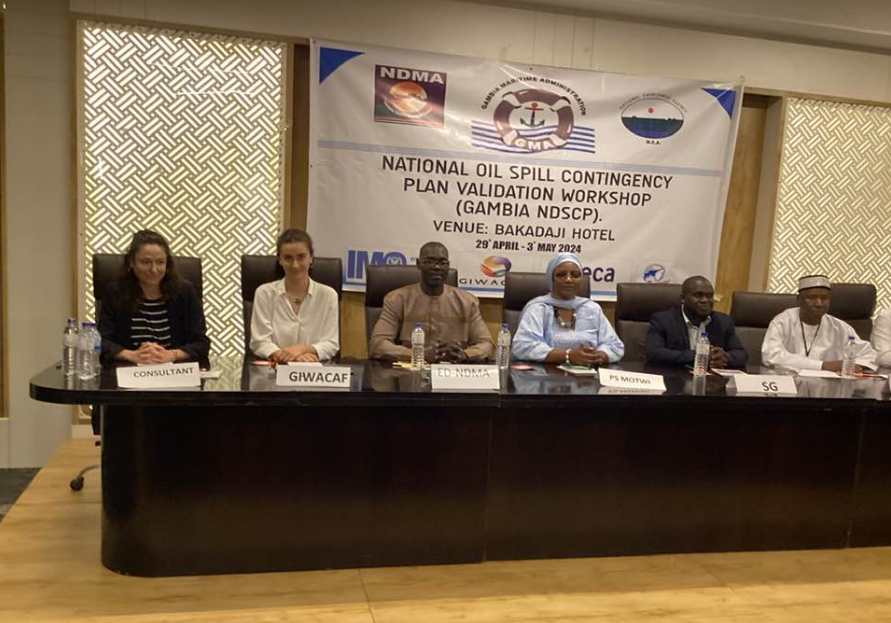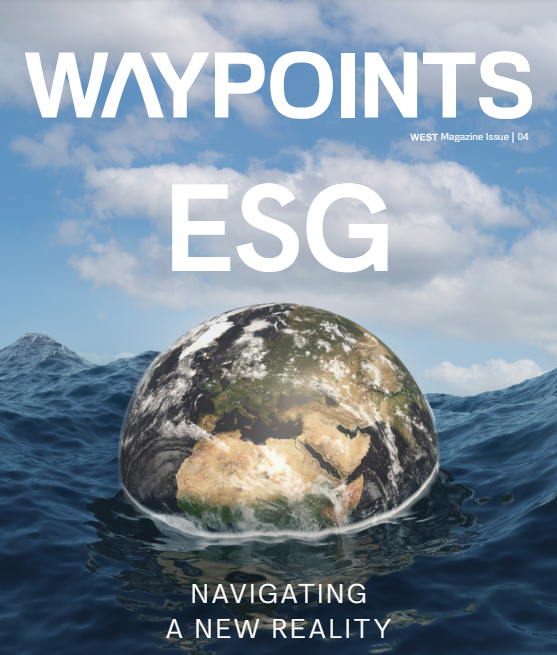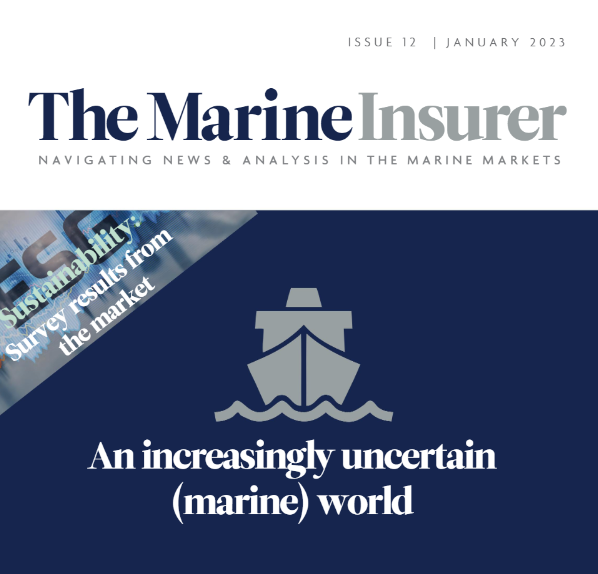
GMA and Partners Organize National Oil Spill Contingency Plan Validation Workshop
A four day validation workshop for the National Oil Spill Contingency Plan, organized by GMA and its partners April 2024.


The International Oil Spill Conference (IOSC) provides a vital forum for professionals from the international spill response community, private sector, government, and non-governmental organizations to come together to tackle the greatest challenges facing us with sound science, practical innovation, social engineering, global research, and imagination.
Click to open the full article
When oil spills occur, the immediate measures taken to protect seafood resources, such as fisheries and mariculture, are crucial for minimising long-term damage and economic disruption. Nicky Cariglia reviews cases involving small-scale oil spills and evaluates the effectiveness of various mitigation strategies aimed at safeguarding these vital sectors.
A significant focus of the paper is on the pre-emptive closure of fisheries and mariculture operations following a spill. While these closures are primarily for protecting public health, they can also prevent further economic loss by safeguarding equipment and stock. However, closures can lead to substantial financial burdens, underscoring the need for efficient, data-informed decisions that balance safety with minimal disruption.
This paper highlights the development of standardised guidelines by the International Oil Pollution Compensation (IOPC) Fund, which aids governments in managing such closures more effectively. Adopted in 2016, these guidelines provide a structured approach for evaluating when and how to implement harvest restrictions, aiming to ensure that any interventions are necessary, proportionate, and based on solid evidence.
The insights derived from analysing past incidents show that strategic, well-planned responses can significantly mitigate the negative impacts of oil spills on fisheries and mariculture. These findings stress the importance of improving preparedness and response strategies to better protect both the seafood supply and the livelihoods of those dependent on these industries.

Marine environmental and sustainability professional with a broad range of experience over 17 years.
Ten years spent responding to maritime incidents, attending on site at more than 30 pollution and salvage incidents around the world.

A four day validation workshop for the National Oil Spill Contingency Plan, organized by GMA and its partners April 2024.

Does maritime casualty management influence the ESG performance of shipowners and their insurers and should broader ESG considerations have anything to do with managing maritime casualties?

There can be no doubt that sustainability is now firmly in front and centre of the maritime industry’s agenda.